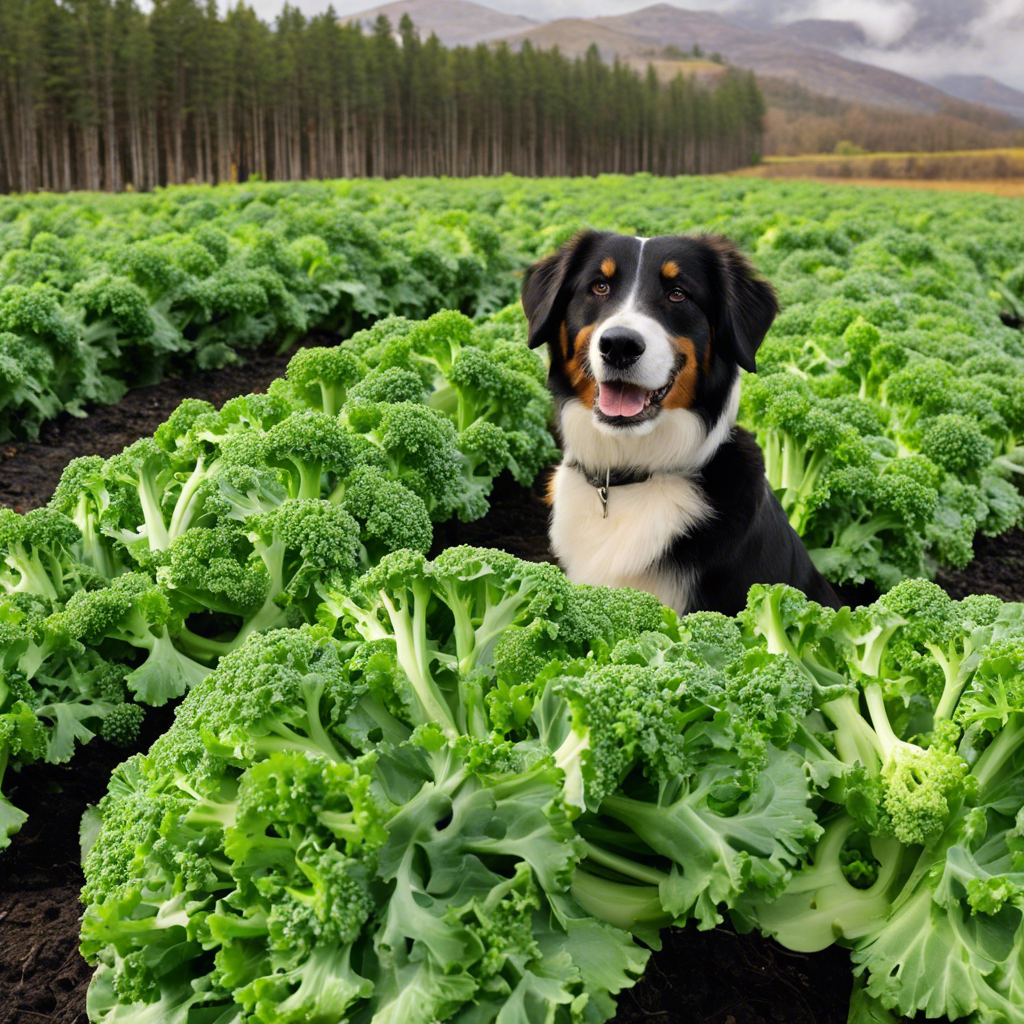Broccoli rabe, also known as rapini, is a leafy green vegetable that packs a nutritious punch for humans. But when it comes to our furry friends, dogs, the question of whether they can safely enjoy this veggie arises. Dog owners often wonder if sharing table scraps like broccoli rabe is a healthy treat or a potential hazard for their canine companions. Let’s explore the facts and find out if broccoli rabe should be on your dog’s menu or not.
First and foremost, it’s essential to understand that dogs have different nutritional requirements than humans. While we relish a diverse diet, dogs thrive on a balanced and species-appropriate diet. Their digestive systems are adapted to process meat, organs, and certain vegetables and fruits, but not all human foods are suitable for them. Broccoli rabe, in particular, has some unique characteristics that warrant close examination.
Broccoli rabe contains isothiocyanates, a group of sulfur-containing compounds responsible for its slightly bitter taste. These compounds can be beneficial to humans in moderation, but they may cause gastrointestinal upset in dogs if consumed in large quantities. The high fiber content in broccoli rabe can also lead to digestive issues like gas, bloating, and diarrhea in our canine friends.
Additionally, the leaves and florets of broccoli rabe contain small amounts of isothiocyanates and oxalates, which, in excessive amounts, can interfere with iodine absorption in dogs. While this is generally not a concern for healthy dogs with well-balanced diets, it’s still something to be mindful of, especially for dogs with pre-existing thyroid conditions.
So, can dogs eat broccoli rabe? The answer is yes, in small quantities. Broccoli rabe is not inherently toxic to dogs, but it should be considered an occasional treat rather than a staple in their diet. When offering broccoli rabe to your dog, ensure it is cooked, as raw cruciferous vegetables can be difficult for them to digest. Steaming or boiling the vegetable without added spices or oils is the best way to prepare it for your furry friend.
As with any new food, introduce broccoli rabe gradually into your dog’s diet and monitor their reaction. If you notice any signs of discomfort or gastrointestinal distress, discontinue feeding it and consult your veterinarian for further advice. It’s always best to err on the side of caution when adding new foods to your dog’s menu.
In conclusion, while dogs can consume broccoli rabe, it should be given sparingly as an occasional treat. A well-balanced dog diet primarily focuses on high-quality protein, healthy fats, and moderate amounts of dog-safe vegetables and fruits. Always prioritize your dog’s overall health and consult with a veterinarian for personalized dietary advice. After all, keeping our furry friends healthy and happy is every dog owner’s top priority.

